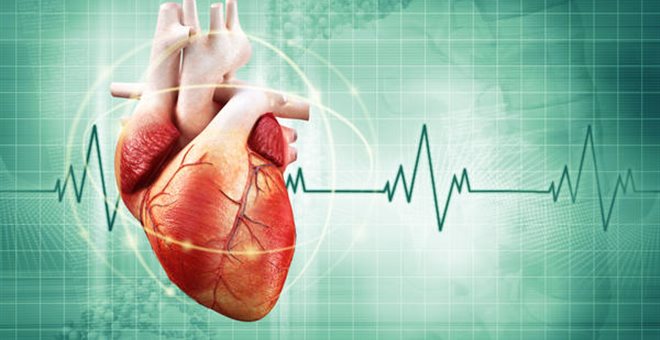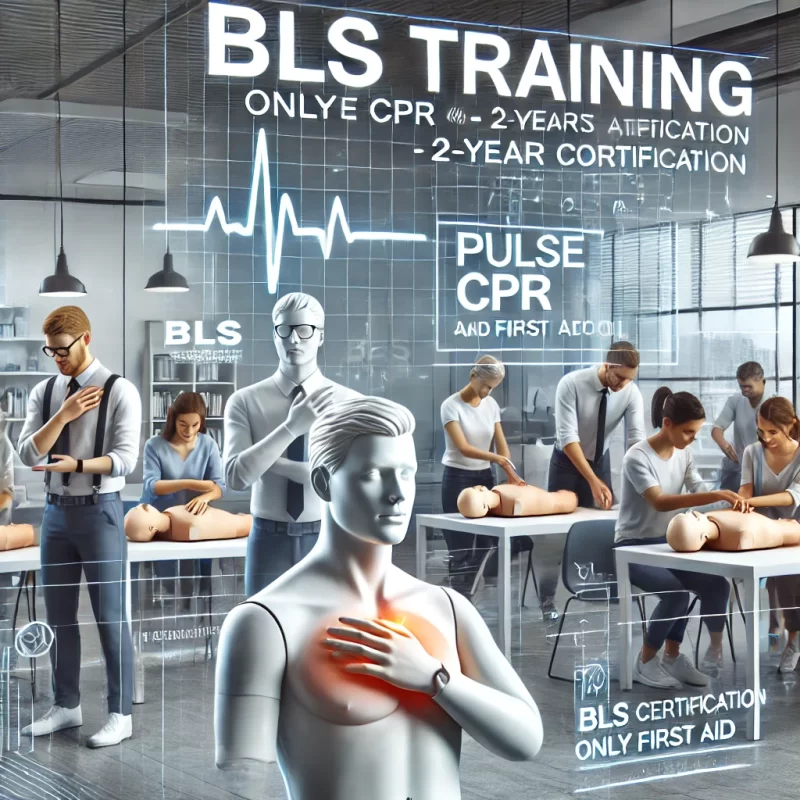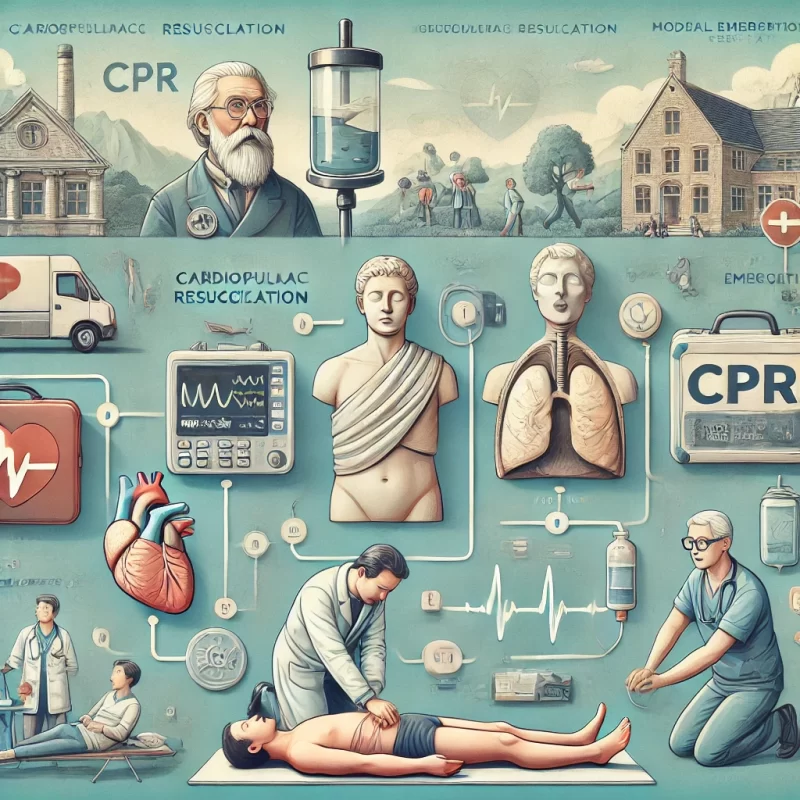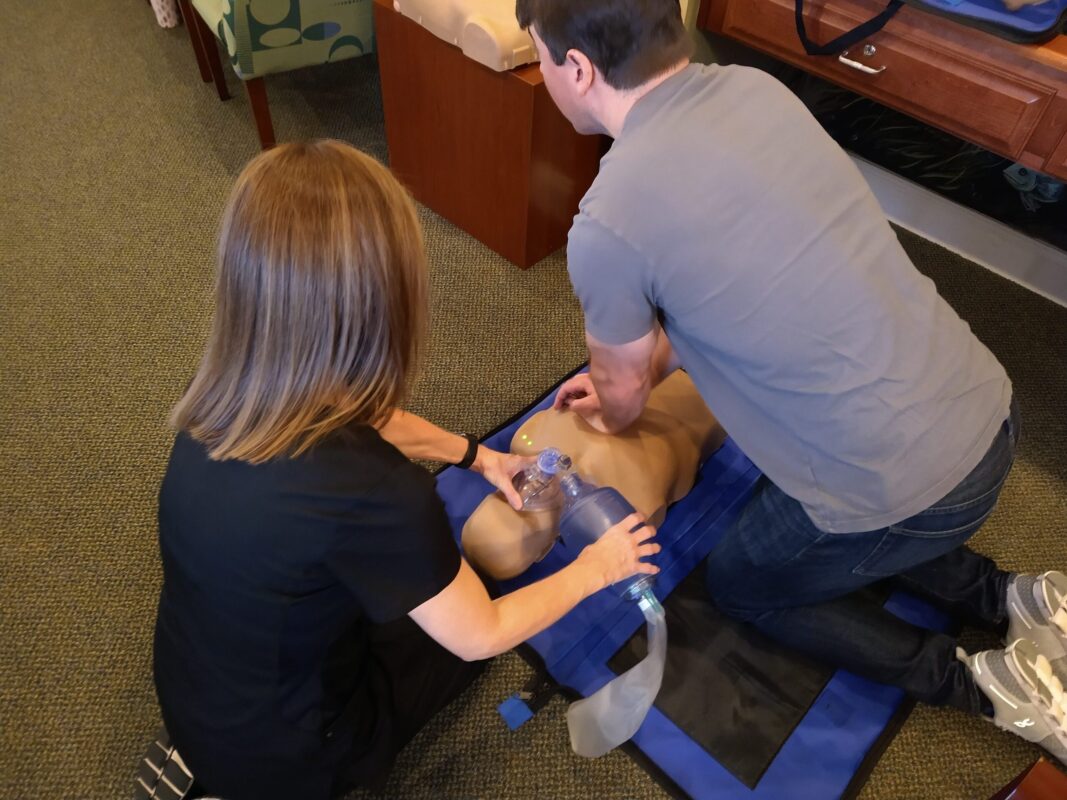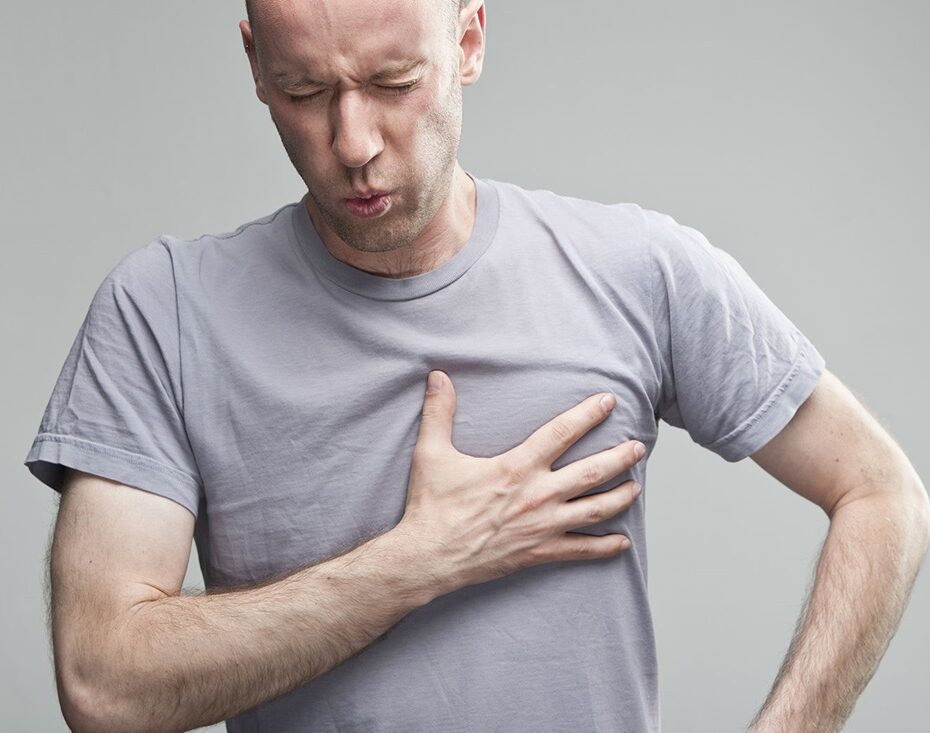Pulse CPR and First Aid School Augusta GA
Living with Heart Arrhythmias
Heart disease is a term that applies to a large number of medical conditions relating to the heart. These medical conditions relate to the abnormal health conditions that directly affect the heart and all its components. Heart disease is a major health problem within some cultures.Pulse CPR Heart Arrhythmias.
One theory for heart disease is the radical changes within our lifestyles. People are often less active and eat diets high in fats. Takeaway food is abundant today and often people will eat it due to the increased availability. Some takeaway outlets are now helping cater to a healthier lifestyle by offering a variety of healthy dishes such as salads. People are becoming more aware of the risk of heart disease and choosing to change their diets.
Exercise is extremely important in order to avoid heart disease. Exercise helps to keep the heart in peak performance. By using a combination of exercise and a balanced diet, the risk of heart disease is greatly decreased.
Pulse CPR and First Aid School Augusta GA
Living with Heart Arrhythmias
Most arrhythmias (abnormal heartbeats) neither cause symptoms nor interfere with the heart’s ability to pump blood. Thus, they usually pose little or no risk. They can cause considerable anxiety if a person becomes aware of them. There are some arrhythmias, harmless in themselves that can lead to more serious arrhythmias.
Any arrhythmia that impairs the heart’s ability to pump blood adequately is serious. How serious, depends in part on where the arrhythmia originates. Is it in the heart’s normal pacemaker, in the atria, or in the ventricles? Generally, arrhythmias which originate in the ventricles are more serious than those that originate in the atria. These are more serious than those that originate in the pacemaker. However, there are many exceptions.
For people who have a harmless, yet worrisome arrhythmia, reassurance that the arrhythmia is harmless may be treatment enough. Sometimes arrhythmias occur less often or even stop, when doctors change a person’s drugs or adjust the dosages. Avoiding alcohol, caffeine, smoking, or strenuous exercise can also help.

